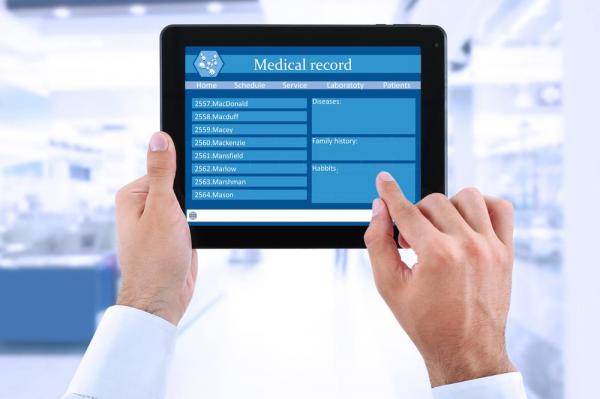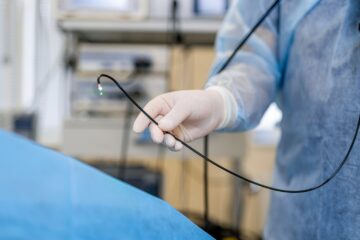
Although it is suspected to be largely for educational purposes, researchers in a recent study say the following of patient electronic health records as part of training poses ethical questions for the handling of those records.
A majority of medical students reported they find it beneficial to follow patient medical histories by accessing electronic health records, but some are checking cases they are not involved with out of curiosity — which may not pose an actual problem, but poses an ethical one, say researchers at Northwestern University.
Some doctors have complained that electronic records, considered essential for better coordination of patient care and improvement of precision medicine, is too significant a burden on their time.
At the same time, most hospitals and doctors have invested heavily in moving to electronic records, with some groups of medical professionals saying the shift from paper to digital has made their jobs easier.
The use of electronic health records has also enhanced training, because students can follow the results of treatment, as well as develop instincts for care, based on patient outcomes regardless of whether they are still treating the patient.
With the high potential for abuse or misuse of medical records being freely accessed, researchers in the new study say ethical questions must be examined as the practice of following patient outcomes becomes more common.
“Despite its potential educational value, to our knowledge, little has been written about tracking former patients, and its prevalence is unknown,” the researchers wrote. “Some medical students track patients, but this activity is generally extracurricular and it is unclear why they do it. Furthermore, tracking former patients raises ethical questions about the appropriate use of protected health information.”
For the study, published in the journal JAMA Internal Medicine, researchers surveyed 103 medical students at Northwestern University.
Of the study’s participants, 99 — or 96.1 percent — tracked former patients using electronic health records, with 92 reporting they found it beneficial to their education. Most students said they track patients to confirm diagnoses and follow progress, which 52.4 percent report they figured out how to do without instruction.
Just 17.2 percent, or 17, of the students said they had ethical concerns about accessing the records, primarily because they worry it may not be appropriate to access records for patients they are no longer treating.
Educational uses of the records aside, the researchers say studies need to be conducted to find the exact results of allowing students to access records and, more importantly, to find out whether patients object to the use of their information.
“Results of this survey suggest that tracking patients is a potentially valuable and widely practiced educational activity,” the researchers wrote. “However, it is associated with ethical problems that students may not appreciate, and it is unclear how patients view this activity.”
[Source:- UPI]




